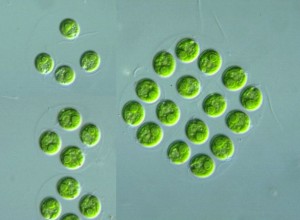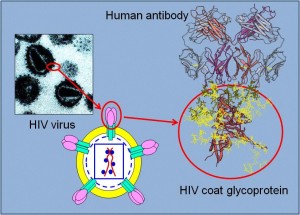Scientists are trying to figure out a way to reduce costs of producing targeted cancer treatments. Popular Science highlights a research group who engineered algae to produce and antibody conjugated with a fragment of the toxic protein, exotoxin A, from P. aeruginosa.
But recently, a group of scientists at University of California, San Diego engineered algae to produce a human antibody with a built-in toxic weapon–a ready-made molecular cancer assassin. The researchers produced the new therapy by embedding the genetic code of the toxin P. aeruginosa into a human antibody gene, which they then spliced into the algae’s DNA.
In their research paper, the scientists note that this feat has been attempted before, using bacteria instead of algae, but the bacteria weren’t capable of folding the complex antibody into the right shape, so the method required a researcher to follow along behind and refold the proteins. The new therapy could not be produced by mammal cells, either, the researchers write, because the presence of the toxin would prohibit the engineered cells from reproducing.
If the new treatment is able to stand up to the battery of medical trials required by law, the targeted, assassin-style fight against cancer may soon get a lot more affordable.

